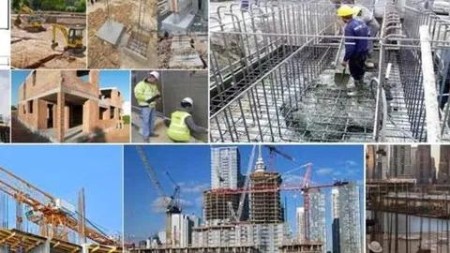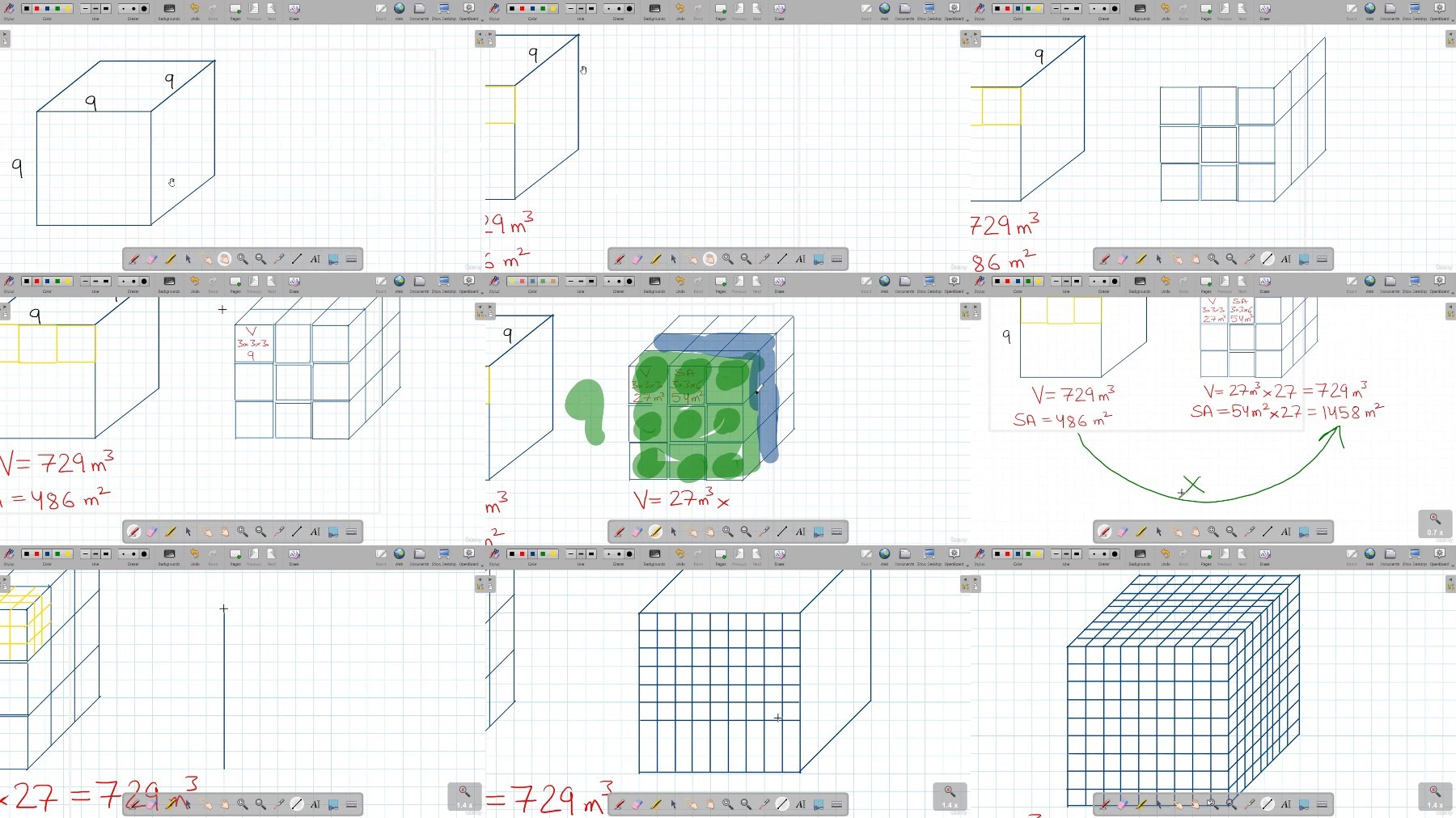Most Commented
Nanotechnology In Civil Engineering Course




Description material

Nanotechnology In Civil Engineering Course
Published 10/2024
MP4 | Video: h264, 1920x1080 | Audio: AAC, 44.1 KHz
Language: English | Size: 2.20 GB | Duration: 2h 39m
Transforming Construction: An Introduction to Nanotechnology Applications in Civil Engineering
What you'll learn
A basic understanding of core civil engineering principles, including knowledge of construction materials and their standard applications
Familiarity with standard construction materials and a working knowledge of their properties will be beneficial.
An interest in exploring new technologies and materials in civil engineering, especially within sustainable construction
No prior experience in nanotechnology is required, making the course accessible to anyone with a foundational understanding of civil engineering
Requirements
Basic understanding of civil engineering principles, especially in material science.
Familiarity with construction materials and their standard applications.
Interest in technological advancements in civil engineering.
No prior knowledge of nanotechnology needed.
Access to a computer or mobile device with internet connectivity.
Comfort with engaging in online learning modules and resources.
Description
Overview The Nanotechnology in civil engineering course provides a comprehensive introduction to nanotechnology and its applications in civil engineering, highlighting how advancements at the nanoscale are transforming traditional construction and materials science. Through a combination of foundational concepts and practical insights, participants will explore how nanotechnology can improve material properties, durability, and sustainability within civil infrastructure projects.Participants will delve into various nanomaterials, such as nano-silica, nano-clay, and carbon nanotubes, gaining an understanding of their unique properties and their roles in enhancing construction materials like concrete, steel, and coatings. The course also examines how nanotechnology contributes to innovations in self-cleaning surfaces, enhanced strength-to-weight ratios, and improved thermal insulation, potentially addressing key challenges in construction durability and efficiency.The curriculum is designed to support civil engineering students, professionals, and enthusiasts who want to understand the future directions of material science in construction. Through engaging lectures and real-world examples, participants will learn about the theoretical foundations of nanotechnology and be introduced to emerging technologies shaping the industry.At the end of this course, learners will have a solid foundation in the basics of nanotechnology applications in civil engineering and insights into how these innovations could impact sustainable building practices and construction materials.
Overview
Section 1: Module 1. Nanotechnology in Civil Engineering
Lecture 1 1.1. Nanotechnology in Civil Engineering
Lecture 2 1.2. What is Nanotechnology
Lecture 3 1.3. Comparison
Lecture 4 1.4. Comparison1
Lecture 5 1.5. Nano Particles in Virus and Bacteria
Lecture 6 1.6. Nanoparticles
Lecture 7 1.7. How Big is Nano
Lecture 8 1.8. How big is Nanometre
Section 2: Module 2. Nanotechnology in Civil Engineering
Lecture 9 2.1. How Nano Particles Usefull with Example
Lecture 10 2.2. How Nano Particles Usefull with Example and Conclusion
Civil Engineering Students: Those looking to expand their knowledge in emerging materials and technology within the field of civil engineering.,Construction Professionals: Engineers, project managers, and contractors interested in learning how nanotechnology can enhance material performance and sustainability in construction projects.,Researchers and Academics: Individuals involved in materials science or civil engineering research, looking for insights into the latest nanotechnology applications in infrastructure.,Sustainability Enthusiasts: Anyone passionate about sustainable building practices who wants to understand how nanotechnology contributes to eco-friendly and efficient construction.,Lifelong Learners and Technological Enthusiasts: Those with an interest in technological advancements and innovative materials who want to explore how nanotechnology impacts everyday construction practices.

Fikper
https://fikper.com/MUMNRoNEcb/Nanotechnology.in.Civil.Engineering.Course.part1.rar.html
https://fikper.com/rDV4eXWqGX/Nanotechnology.in.Civil.Engineering.Course.part2.rar.html
FileAxa
https://fileaxa.com/duosakkmefyc/Nanotechnology.in.Civil.Engineering.Course.part1.rar
https://fileaxa.com/2vopqdxxcgjk/Nanotechnology.in.Civil.Engineering.Course.part2.rar
RapidGator
https://rapidgator.net/file/70295c469d3db81af25a07796accccb7/Nanotechnology.in.Civil.Engineering.Course.part1.rar
https://rapidgator.net/file/0bb7851a6cc6d9cab3ace95f42e47f9a/Nanotechnology.in.Civil.Engineering.Course.part2.rar
FileStore
TurboBit
https://turbobit.net/0ux1onvkzr82/Nanotechnology.in.Civil.Engineering.Course.part1.rar.html
https://turbobit.net/wqm6jy4qd1cz/Nanotechnology.in.Civil.Engineering.Course.part2.rar.html
Join to our telegram Group
Information
Users of Guests are not allowed to comment this publication.
Users of Guests are not allowed to comment this publication.
Choose Site Language
Recommended news
Commented



![eM Client Pro 9.2.1735 Multilingual [Updated]](https://pikky.net/medium/wXgc.png)






![Movavi Video Editor 24.0.2.0 Multilingual [ Updated]](https://pikky.net/medium/qhrc.png)

